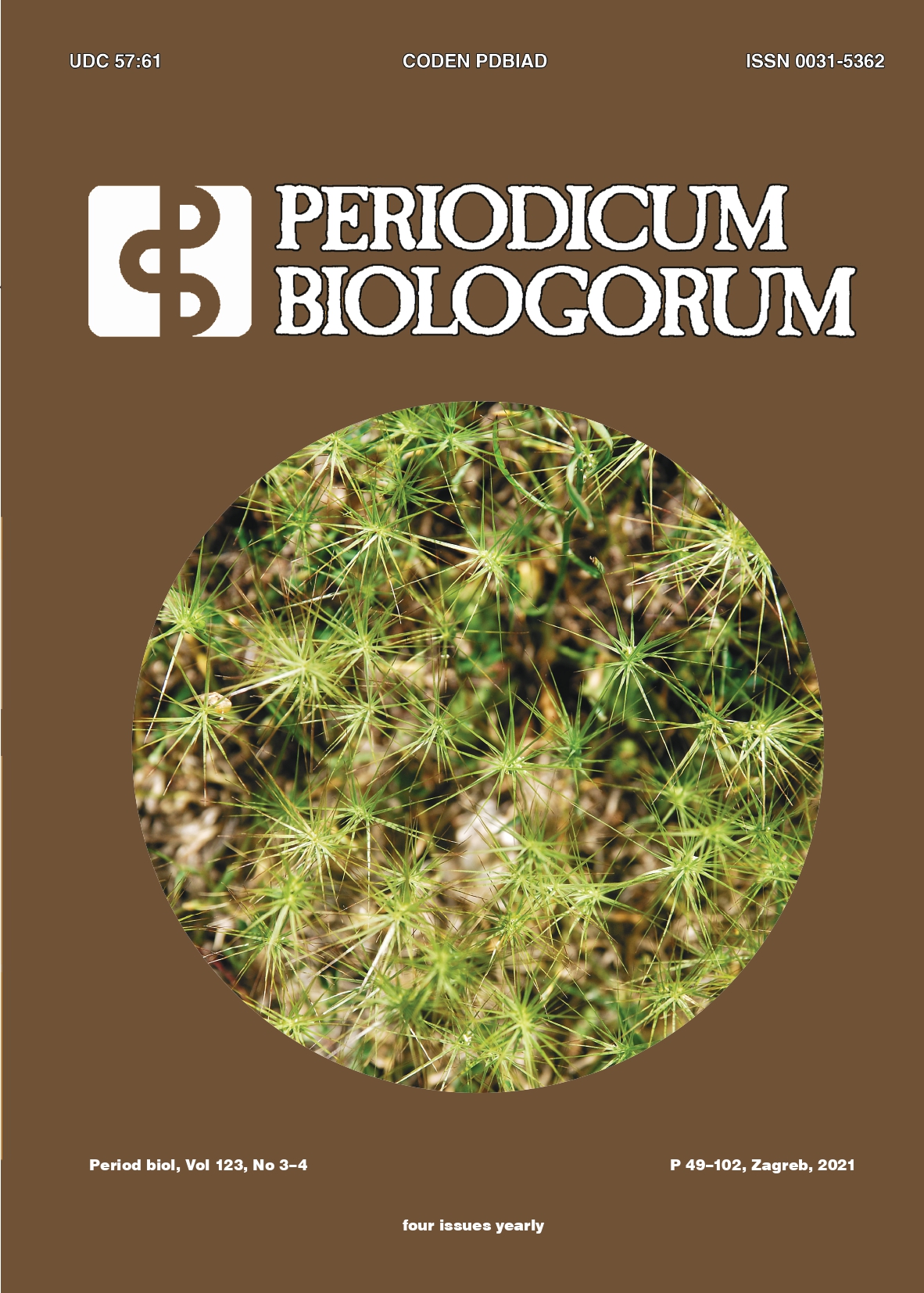Ligustrum vulgare leaves and fruit extracts induce apoptosis of human leukemia cells
DOI:
https://doi.org/10.18054/pb.v123i3-4.19206Abstract
Background and purpose: Cytotoxic effects of Ligustrum vulgare leaves on HeLa cervical tumor cells suggested that Ligustrum vulgare extracts should be investigated as potential anticancer agents. Therefore, we examined a potential antileukemic activity of methanolic extracts of Ligustrum vulgare leaves and fruit extracts on two types of leukemia cells, MOLT-4 and JVM-13, lymphocytes isolated from the blood of 33 chronic lymphocytic leukemia (CLL) patients and on mononuclear leukocytes isolated from the blood of 18 healthy individuals.
Material and methods: The cytotoxicity of examined extracts was measured by MTT assay and LDH activity test. The antiapoptotic potential of tested extracts was measured by Annexin V/7AAD flowcytometric assay.
Results: The results showed that both extracts exhibited a moderate cytotoxic effect on all three types of leukemia cells. The Ligustrum vulgare leaf extract was the most effective on MOLT-4 cells, the fruit extract on JVM-13 cells and both extracts were equally effective on CLL cells. In addition, none of the tested extracts was toxic to healthy mononuclear cells. Both extracts acted by inducing apoptosis of leukemic cells.
Conclusion: Ligustrum vulgare extracts exhibit significant antileukemic potential and should be further investigated.
Downloads
Published
Issue
Section
License
The contents of PERIODICUM BIOLOGORUM may be reproduced without permission provided that credit is given to the journal. It is the author’s responsibility to obtain permission to reproduce illustrations, tables, etc. from other publications.


